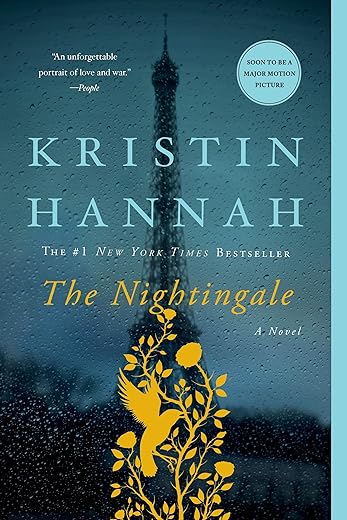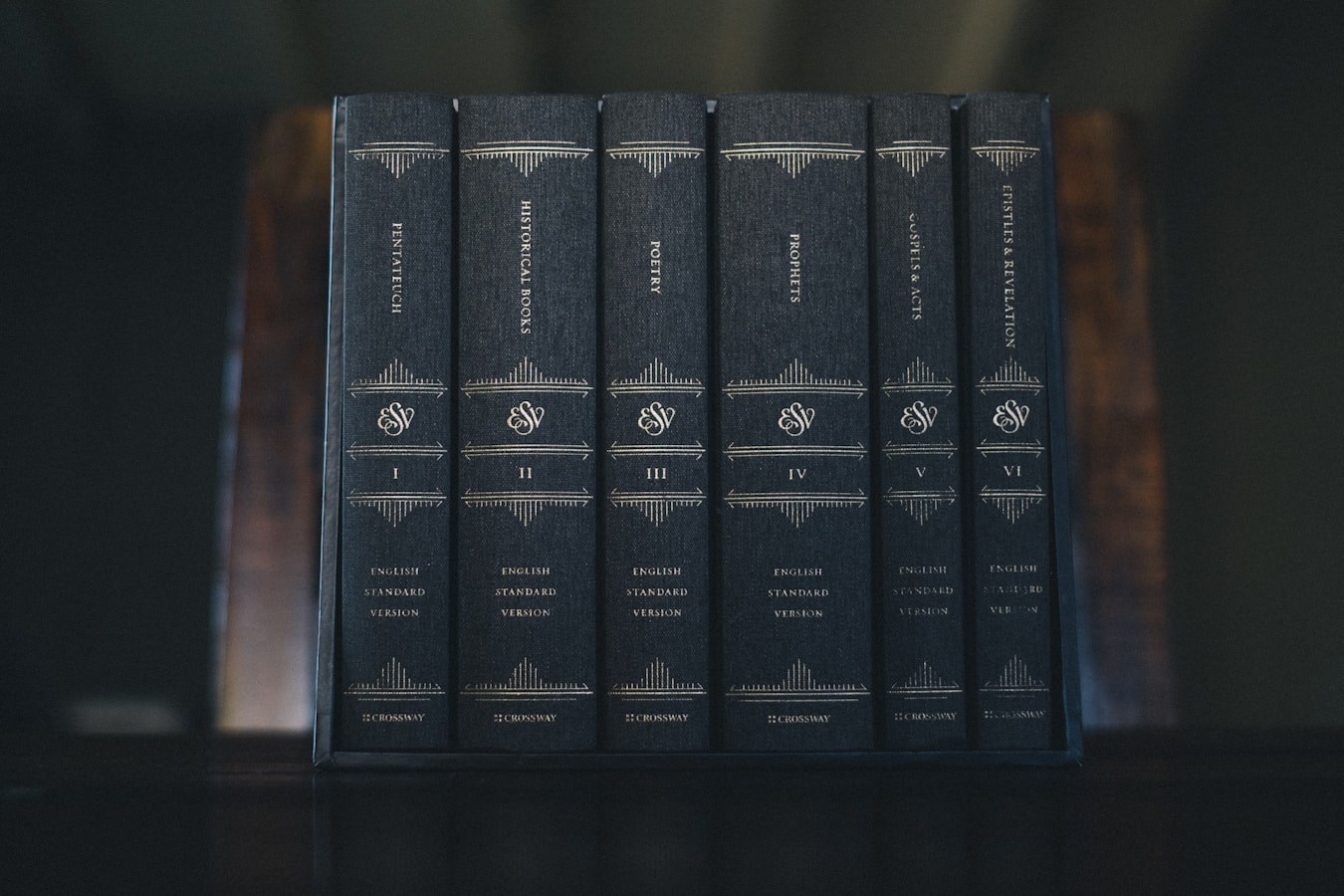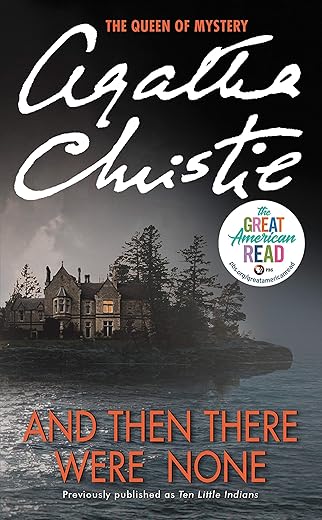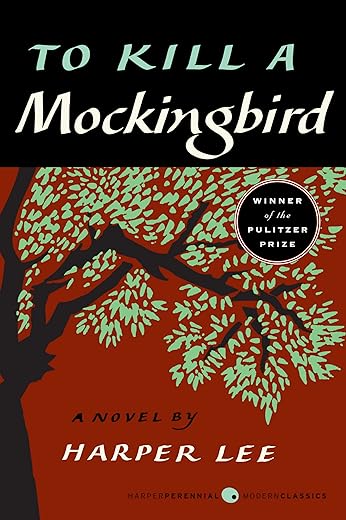Read every series in the right order

How to Figure Out Any Series Reading Order Fast (5 Pro Tips)
Table of Contents
Struggling to find the correct series reading order for your favorite books? You’re not alone! Conflicting lists on Goodreads, confusing omnibus editions, and complicated TV adaptations can quickly turn your reading experience into frustration. Fortunately, determining the right series reading order doesn’t have to be difficult. ✅ In just 7 minutes, you’ll discover 5 expert-approved tips to effortlessly nail down any series reading order.
Our team, including librarians and seasoned readers, has created over 300 accurate reading guides, so you’re in reliable hands.
TL;DR One-Minute Checklist
- Check the Copyright Page
- Use Library of Congress & OCLC
- Reverse-Engineer the ISBN Block
- Cross-Check Author Q&As & Publisher Pages
- Crowd-Source Smartly (Fan Wikis → Goodreads → Reddit)
Why “Publication Order” ≠ “Chronological Order”
Confusion arises because “publication order” refers to the sequence in which books were released, while “chronological order” follows the narrative timeline.
| Series | Publication Order | Chronological Order |
|---|---|---|
| Narnia | Starts with “The Lion, the Witch, and the Wardrobe” | Starts with “The Magician’s Nephew” |
| Witcher | Starts with short stories (“The Last Wish”) | Starts with standalone novels later published |
Pro Tip #1 — Check the Copyright Page
Open the book to the copyright page (usually right after the title page). Look for “First published” date, edition details, or any listed series sequence. The earliest publication date typically indicates the original reading order, and publishers often explicitly list series order here.
Pro Tip #2 — Use Library of Congress & OCLC
Use authoritative sources like the Library of Congress and OCLC’s WorldCat to confirm series listings. Enter this search syntax into Google: site:lccn.loc.gov "Series:" [Series Name]. Alternatively, search directly on WorldCat using its built-in series filter for trusted verification.
Pro Tip #3 — Reverse-Engineer the ISBN Block
ISBN numbers follow a structured format. Consecutive ISBN numbers assigned by publishers often reflect the intended reading order. Look closely at the “title identifiers”—the numbers immediately following the publisher’s group number—to spot sequential clues.
Example:
- ISBN: 978-3-16-148410-0
- ISBN: 978-3-16-148411-7
These consecutive identifiers strongly suggest the intended reading sequence.
Pro Tip #4 — Cross-Check Author Q&As & Publisher Pages
Official statements from authors and publishers are excellent sources of confirmation. Frequently visit trusted sites like Tor.com or Penguin Books for official clarifications. Follow authors on social media or search for recorded Q&A sessions where they often explicitly discuss proper reading sequences.
Pro Tip #5 — Crowd-Source Smartly (Fan Wikis → Goodreads → Reddit)
Utilize crowdsourced resources strategically. Begin with fan wikis, which usually have meticulously maintained timelines. Goodreads can also help but verify carefully since user-generated content can occasionally conflict. Lastly, Reddit communities are helpful—especially when using spoiler-free threads—but should always be cross-referenced against official or more reliable sources.
Real-World Demo
Consider Frank Herbert’s “Dune” series:
- Publication Order starts with the original “Dune” novel (1965).
- Chronologically, later published prequels such as “House Atreides” appear earlier in the narrative timeline.
Applying the 5 tips ensures you’ll confidently choose the right reading sequence for any book series.
- Verify via copyright page
- Confirm LOC listing
- ISBN analysis
- Publisher statements
- Fan wikis cross-check ( booksinchronologicalorder.com )
This ensures accuracy whether you’re reading by narrative flow or original release dates.
FAQs About Series Reading Order Tips
Is it ever okay to skip prequels?
Usually, yes. Prequels enrich the narrative but rarely are required.
How do omnibus editions affect reading order?
They compile books based on popularity, not order, so cross-reference carefully.
Should I trust publisher boxed sets?
Typically yes, as publishers usually follow narrative logic.
Can TV adaptations be trusted for reading order?
Often, no. TV adaptations frequently rearrange or condense content.







